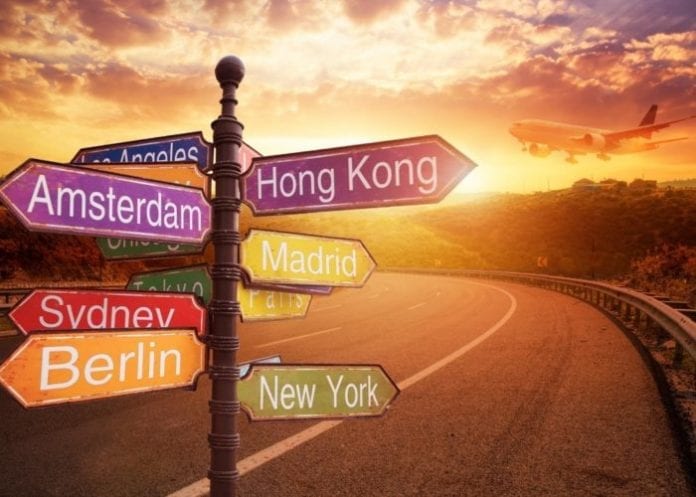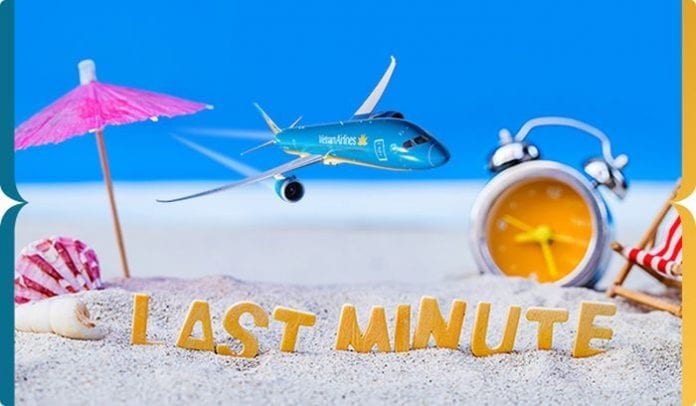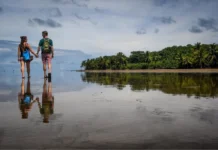Planning a vacation is not an easy task especially if you are required to travel for various professional and academic purposes. Most of us think that money is required for traveling which is partly true.
Not everyone comes with fat check ready to buy those plane tickets and check into a fancy hotel. Money could be considered the number one issue why some people don’t travel more, but sometimes it is countries’ policies which prevent us from going there.
I will not be discussing the reasons and motivations for traveling because it would be a long list, but the most prominent ones are livelihood and education.
In this article, I have come up with how to do tips, which can be very useful if this is your first trip. I acknowledge the fact that most of us are only waiting for getting professional and refined advice about travelling.
1. Plan the destination and the duration

One thing which I have noticed a lot is the non-serious attitude of most of the aspiring travelers. They do want to travel but they do not know where, so the first task is to decide on the destination.
Without appealing motivation, you will not enjoy going anywhere. People need to find the attraction of a certain place and decide accordingly.
For instance, if you want to go to France or Europe then you may be thinking of visiting the Eiffel tower or some other attractions. If that is the case, make sure to make an estimate of how long it would take to see most of the sights. Usually, for cities, 3-5 days is enough, especially in Europe to get familiar with the culture, history and people. If you can stay more that is perfect.
On the other hand, going to places such as Hawaii is a different type of trip. Without at least 10 days, you cannot really explore the islands, the beaches, etc. Luckily, you can speed up your stay and see a lot from a bird’s perspective with Live Your Aloha helicopter tours. Check the sandy shores from a more stunning view.
2. Researching the cost
I will ask my readers to invest at least a week for this step. Yeah, I know it is too long and the research seems to be quite worthless.
If you are a white-collar person and need to save the money, then you ought to do vast research on the cost.
There are hundreds of travel agents around you, thus you must check which the best ones are. You can either scroll the internet or ask a few friends to give you recommendations. That is always a great idea because they can tell you first-hand what they liked and disliked about a certain agency.
3. Get the no-fee atm and look for last-minute deals

When you are travelling you may need to save some money in your bank, for various reasons. So, make sure that you have got a student account or any other without an atm card fee.
Secondly, you must check on the last-minute deals, for example if you are planning for a holiday trip then various hotels and airlines will be offering holiday discounts. You must keep yourself updated and play safe.
4. Checking your documents and tickets

Now, moving on to some practical and official requirements. You must not skip it because these procedures will take around two weeks.
Go to your embassy and check if your passports require a renewal, make sure that it has got an expiry date of 6 months later than your trip. This will be safe for you.
Next, book the tickets 3 weeks before the trip, you are not bound to buy/book the tickets at the 11th hour, thus booking them beforehand will be safe.
5. Book the hotels

Now, according to your trip’s duration book the hotels, make sure those hotels are providing meals as well.
Lastly, plan your trip, and select the hotel which is either further away from the city center with the good public transportation connections, or closer to all the destinations. Pricing may be a big factor here.
6. Tell your boss, family, friends and card companies
This last step is crucial for your safety. Share your trip and its plan with each of the above-mentioned groups. This will help you in enjoying a safe trip.









